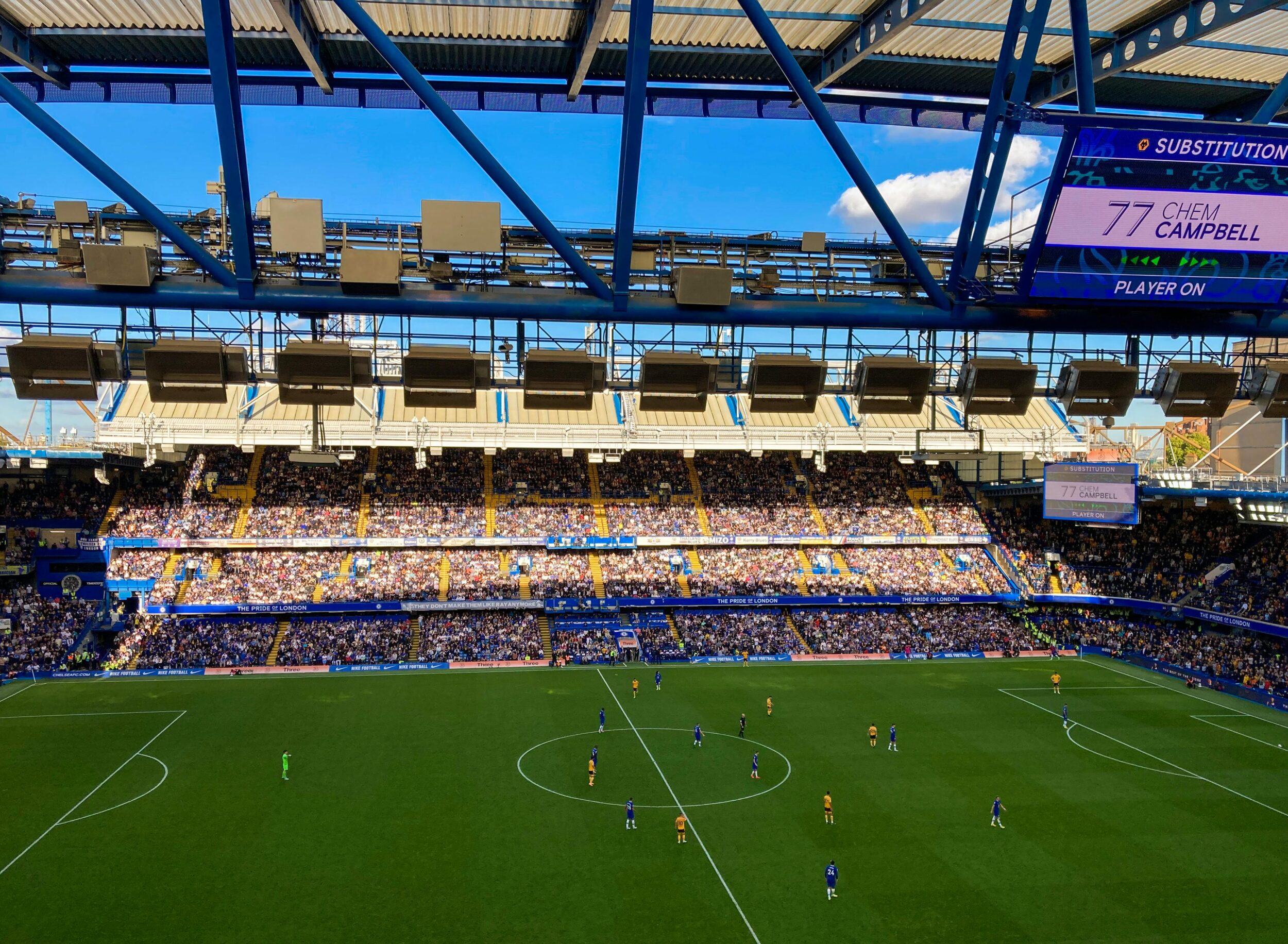
|
The thing about soccer is that it rarely cares for certainty. A team can dominate possession, dictate tempo, control every measurable aspect of a match—and still lose. That’s the sport. It’s why a goal against the run of play can be more thrilling than a 30-pass build-up. Why one moment of brilliance or misjudgement can upend months of preparation. Why the best teams in the world, despite their resources, can be made to look ordinary.
And it’s why upsets remain the lifeblood of betting. The right soccer bet, placed at the right time, on the right underdog, can turn a small stake into something remarkable. But it’s never blind luck. The best gamblers don’t just chase long odds; they recognize miscalculations, moments where the narrative has been written before the match even starts. Every now and then, a favorite is overvalued. A lesser team is sharper than the books suggest. When the odds don’t tell the whole story, that’s when the real opportunities arise. And in these five games, the story told before kick-off was very different from the one that played out on the pitch.
Greece’s 2004 European Championship Victory
Before the tournament, Greece were 150-1 outsiders. No history of major success. No star players. Just a pragmatic German coach, Otto Rehhagel, who built a team to frustrate and outlast. They didn’t outplay anyone, but they didn’t have to. They just waited, defended in numbers, and struck when the opportunity presented itself.
Portugal were the hosts. They had Luís Figo, Deco, a young Cristiano Ronaldo. The final in Lisbon was meant to be a coronation. Instead, Angelos Charisteas rose highest from a corner, nodded the ball past Ricardo, and Greece held firm for the remaining 57 minutes. Against France in the quarters. Against the Czech Republic in the semis. Against Portugal in the final. Same score. Same game plan. Same result. And those who backed them early—before the belief set in—walked away with a fortune.
Wimbledon’s FA Cup Final Shock Against Liverpool (1988)
Liverpool in the late 80s were a machine. Technically superior. Ruthlessly efficient. They won the league by nine points that year and were expected to add the FA Cup with ease. The opposition? Wimbledon. A club barely a decade into their top-flight existence. Their football was direct, physical, scrappy. Nobody gave them a chance.
Nobody except them. Lawrie Sanchez scored the only goal, flicking a near-post header past Bruce Grobbelaar. Dave Beasant, Wimbledon’s goalkeeper, saved a penalty from John Aldridge, the first time that had ever happened in an FA Cup final. And Liverpool, for all their dominance, for all their style, couldn’t break them down. It remains one of the most famous cup shocks in English football. Proof that pressure, belief, and the right kind of stubbornness can level any playing field.
Bradford’s 4-2 Comeback Against Chelsea (2015)
It wasn’t just that Chelsea were favorites. It was that they were at Stamford Bridge, top of the Premier League, playing a League One side in the FA Cup. It was 2-0 after 38 minutes. Chelsea had this game won before halftime.
Then something shifted. Jon Stead pulled one back. Filipe Morais equalized with 15 minutes to go. Then Andy Halliday made it 3-2. And then, in stoppage time, Mark Yeates finished off a move so composed, so ruthless, that it felt absurd it had come from a third-tier side. Mourinho, who had never lost a domestic cup tie at Stamford Bridge, was stunned. The crowd was stunned. The bettors who had the foresight—or blind faith—to back Bradford at 2-0 down? They were celebrating something much bigger than just an FA Cup win.
Algeria 2-1 West Germany (1982 World Cup)
West Germany were European champions, filled with legends like Rummenigge and Breitner. Algeria were playing in their first World Cup, expected to be brushed aside in their opening game. Nobody told them that.
They played fearless, direct football. Rabah Madjer scored first, finishing a slick passing move that embarrassed the German defense. Rummenigge equalized with 13 minutes left. And then, straight from the restart, Lakhdar Belloumi finished off a sweeping counterattack to make it 2-1. The Germans, who had expected an easy win, looked stunned. They couldn’t break Algeria down. The underdogs held on, securing one of the greatest shocks in World Cup history.
Cameroon’s Nine-Men Heroics Against Argentina (1990 World Cup)
Argentina had Diego Maradona. That alone should have been enough. They were world champions. Cameroon were just supposed to be an opening-game warm-up.
But the game didn’t follow the script. Cameroon harassed, bullied, and outworked Argentina. They took the lead through François Omam-Biyik, whose header somehow squirmed under Nery Pumpido’s body. Then André Kana-Biyik got sent off. Then Benjamin Massing. Cameroon finished with nine men. But they still won. Argentina barely created a chance. It was Maradona’s least effective World Cup game. And Cameroon, rather than being a footnote, went on to reach the quarter-finals—the first African team to do so.
What Do These Games Tell Us?
That the sport doesn’t care for assumptions. That reputation doesn’t win games. That every now and then, something happens that reminds us why we watch in the first place.
And for bettors, they reinforce something just as important: favorites are only favorites until they’re beaten. There’s always an opportunity if you know where to look.







